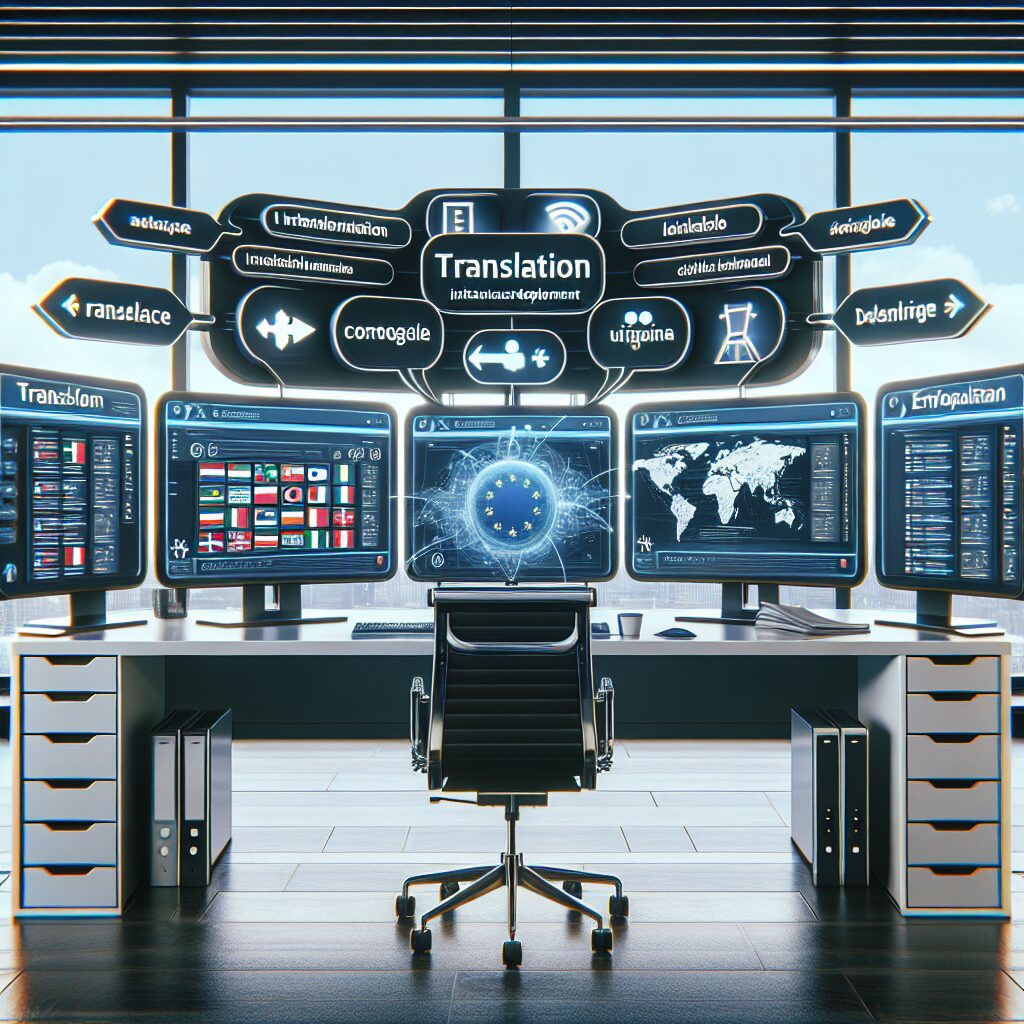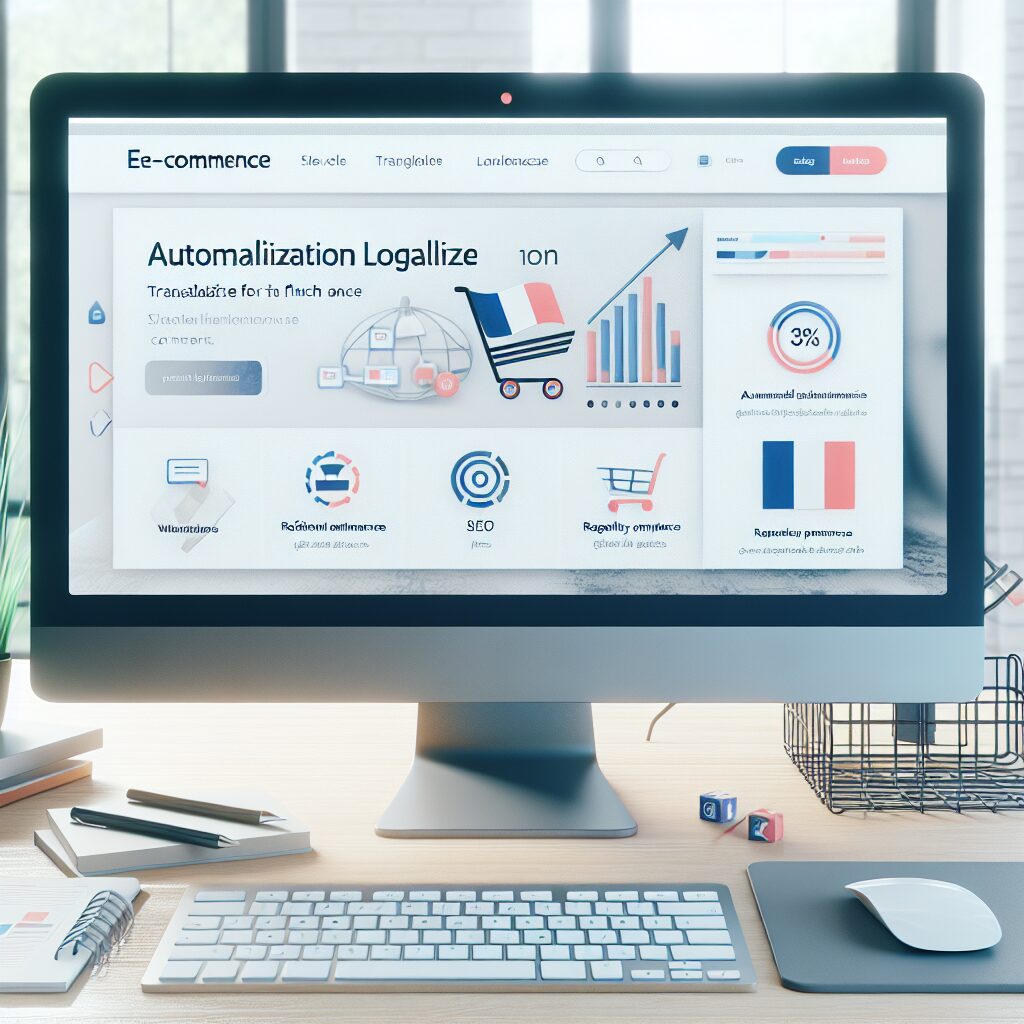About eldris
Clone.Eldris.ai empowers brands to instantly replicate and translate their websites for seamless global expansion. Our automated system delivers SEO-friendly, multilingual clones that launch in days, not months.
In This Article
- Translation pricing is primarily based on word count but affected by language, complexity, and urgency.
- Rates vary from £0.08 to £0.30 per word depending on multiple factors.
- Be wary of hidden fees for setup, rush delivery, or additional reviews.
- Machine translations are budget friendly but often compromise quality.
- Provider choice—freelancer vs agency—impacts both cost and reliability.
- Always include room in your estimates for revisions and formatting.
- Subject matter expertise significantly improves accuracy and impact.
- Use tools and internal resources to better plan and control your project.
How Translation Pricing Works
What You Pay Per Word
Translation pricing is typically structured on a per-word basis, offering transparency and predictability. This model helps clients estimate their total costs by simply calculating the number of words to be translated. Rates vary depending on numerous variables, but most translation services start between £0.08 and £0.20 per word, making this method widely adopted across the industry.
The per-word cost model is efficient because it scales with the size of your content. Unlike hourly rates, which may create uncertainty, a per-word fee ensures you aren’t caught off guard by time overruns. It also allows for easier comparison between providers. However, this doesn’t mean all words are priced equally. Several hidden factors shape translation pricing beyond just the word count.
For instance, if you’re translating technical content requiring domain expertise, the rate per word will often be higher than for general text. Similarly, rare language pairs, such as Finnish to Japanese, can command premium rates due to limited qualified translators. Therefore, while per-word pricing presents a useful baseline, it must be considered alongside contextual variables.

What Affects the Translation Rate?
Language Pairs and Complexity
The language pair is one of the most significant contributors to translation pricing. Common combinations such as English to Spanish are competitively priced due to the abundance of available translators. In contrast, rare combinations, such as Dutch to Korean, may incur much higher costs.
Additionally, languages with highly complex grammar, cultural nuances, or script systems—like Arabic, Chinese, or Russian—require proficient linguists capable of maintaining meaning across contexts. This, in turn, drives up the per-word rate. Complexity also increases quality assurance workloads, contributing to the overall price.
“Translation isn’t a one-size-fits-all process. Intricacies in language, culture, and industry can all affect cost.” — Industry Expert, ELD Language Group
Setup Fees: When and Why They’re Charged
In addition to per-word translation pricing, some agencies charge setup fees. These are usually one-off costs applied to cover aspects like project management time, file preparation, or software integrations such as CAT tools or translation memory systems. While they may seem minor, these fees can be significant for small projects and must be factored into the overall budget.
Setup fees are often more prevalent in highly technical or formatted work where maintaining visual layout, line breaks, databases or embedded code is essential. For example, software localisation, which requires formatting preservation, often includes such fees. Make sure to clarify whether setup fees are included or separate before committing to a provider. Transparent providers will include these in their quotations up-front.
Cost Ranges to Translate 20,000 Words
The cost to translate 20,000 words varies across several dimensions—including language pair, content type, and deadline. Here’s a look at typical price ranges based on current industry averages:
- General Content (e.g., blogs, articles): £0.10 per word × 20,000 = £2,000
- Technical Content (e.g., user manuals): £0.14 per word × 20,000 = £2,800
- Legal/Medical Content: £0.18 to £0.22 per word = £3,600–£4,400
- Rare Languages or Rush Jobs: Rates can surpass £0.25 per word = £5,000+
These figures are merely indicative. You’ll likely find variation by region, agency, and demand. It’s essential to obtain a detailed quote based on your specific project parameters to avoid surprises during execution.
Human vs. Machine Translation Cost Comparisons
In recent years, machine translation (MT) has emerged as a low-cost alternative to human services. Tools like Google Translate and DeepL offer instant output, but at the expense of accuracy and nuance. Machine translation pricing is often measured by subscription cost or usage volume, making it appealing for high-volume content like eCommerce listings.
However, human translators remain the gold standard for contexts demanding cultural fluency and contextual accuracy. Human services may cost 10 to 20 times more than machine options, but the quality differential is substantial. Hybrid models—where MT is followed by human post-editing (MTPE)—offer a middle ground. Still, even these require skilled editors familiar with both source and target languages.
Therefore, machine translation might reduce initial spend, but often incurs additional costs through errors, misunderstandings, or client dissatisfaction. Investing in professional human services generally ensures long-term value and client trust.
Why Subject Matter Expertise Increases Costs
Translators who specialise in niche domains—such as engineering, finance, or law—demand higher rates because their expertise adds measurable value. They understand sector-specific terminology, compliance regulations, and the contextual tone necessary for audience credibility. Generalist translators might translate words correctly but can fail to capture technical precision or tone.
This added value often justifies a higher translation pricing tier, with costs reaching £0.20–£0.30 per word. These translators also typically work closely with in-house specialists to validate terminology and ensure alignment with internal documentation, adding layers of review that further increase costs.
If your project includes confidential or critical information, investing in domain expertise should be non-negotiable. Many mishaps stem from using under-qualified translators for complex material—an expensive mistake that can undermine customer trust or regulatory compliance.
Speed vs. Budget: Rush Fees and Deadlines
Urgency comes at a price. Most translators work with a daily output capacity—typically between 2,000 and 3,000 words. Pushing beyond this, especially with reduced review time, introduces the need for multiple linguists and increases the risk of inconsistencies.
Rush fees are therefore commonplace and range from 20% to 100% extra depending on how accelerated the deadline is. These costs cover overtime, priority status, and rapid quality checks. Surprisingly, rushing work can also affect output quality, which is why it should never be your default option.
Plan ahead when possible. Projects with flexible timelines are often cheaper and allow for additional quality assurance layers. Sustainable delivery speeds also ensure translator well-being, an often-overlooked factor in project success.
Review, QA and Revision Inclusions
A comprehensive translation quote should detail what is included, especially regarding quality assurance (QA) processes. These typically involve proofreading, revision by second linguists, terminology alignment checks, and formatting verification. In some cases, digital tools like QA software help detect inconsistencies or linguistic errors.
Some providers offer multiple revision cycles within the fixed per-word rate, while others charge separately for post-delivery edits. Always ask whether editing and client feedback rounds are part of the base cost. Cheap services may skip this phase, resulting in an unfinished or unprofessional result.
Trusted agencies follow ISO standards and deploy a multi-tiered review structure to maximise accuracy. This rigorous quality control might cost more initially but decreases the risk of reputational or legal harm.
Typical Cost Breakdown by Translation Provider Type
The shape of your translation pricing also depends on who you work with. Let’s break it down:
- Freelancers: Generally the most cost-efficient for small projects. Rates range between £0.08 and £0.16 per word but may vary based on expertise.
- Agencies: Offer managed services that include QA, project oversight, and supporting tech. Rates typically range from £0.12 to £0.25 per word.
- Specialist Providers: These firms handle complex projects with legal, medical, or regulated content. Prices start at £0.18 and go upwards from there.
While freelancers are ideal for straightforward tasks, agencies and specialist vendors provide value on intricate or large-scale jobs. Always assess risk versus reward before deciding. Use Learn more about Translation Pricing & Cost Strategies for more on choosing the right provider.
How to Estimate Your Own Translation Project
Estimating costs begins with three core details: total word count, language pair, and expected delivery time. Once these are established, you can apply per-word pricing models to arrive at a base quote. Don’t forget extra costs for formatting, QA, or variable content types like tables, charts, or footnotes.
Break your project into phases: translation, revision, client feedback, and final formatting. Providers who guide you through these steps offer better control and reliability. Use Read a related article to access our free project estimator template.
A good rule of thumb is to budget 10%–15% over the initial quote to allow for unforeseen revisions or project scope creep. Plan early and communicate expectations clearly to avoid delays and cost increases.
Conclusion: Making Informed Translation Cost Decisions
[CONCLUSION_CONTENT]
Great guide on translation-costs-per-word-breakdown – Community Feedback
How much does it cost to translate 20,000 words?
Translating 20,000 words can cost between $2,000 and $6,000, depending on per-word rates (often $0.10-$0.30), language pair, turnaround, and required quality.
Do translators charge setup fees in addition to per-word rates?
Many professional services charge a one-off setup or minimum project fee in addition to per-word rates, especially for smaller jobs or complex formats.
What factors impact the total translation price?
Key factors include language pairs, subject complexity, delivery speed, technical requirements, and whether revisions or localisation are included.










